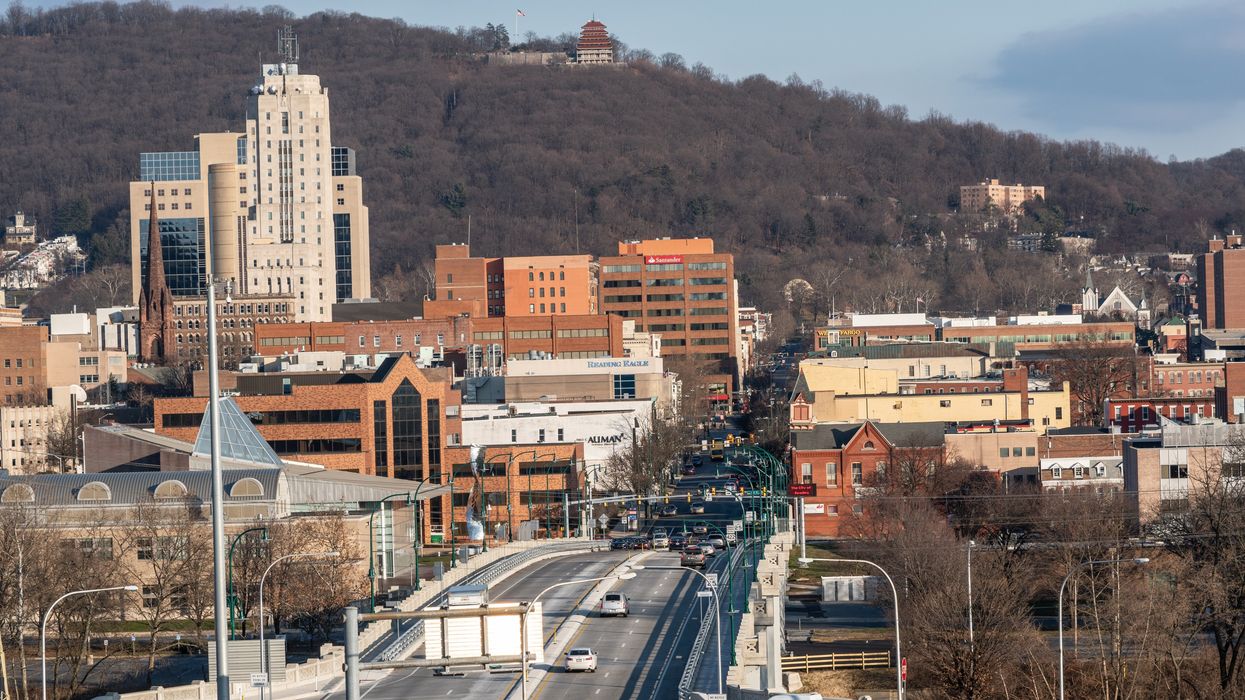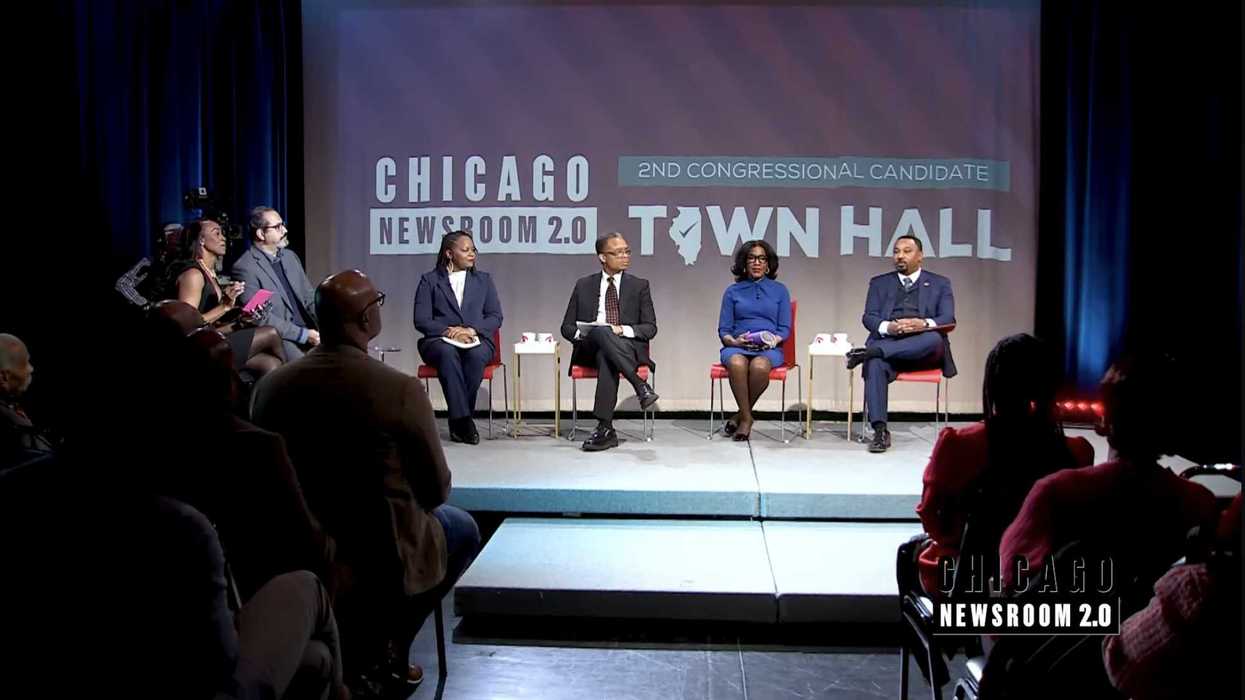The stark divisions surrounding the recent presidential election are still with us, and will be for some time. The reason is clear: We have a crisis of belief in this country that goes much deeper than any single election.
So many people, especially young people, have lost faith in America. We have lost belief in our leaders, institutions and systems. Even in one another. Recent years have seen us roiled by debates over racial injustice, fatigued by wars, troubled by growing inequities and disparities, and worried about the very health of our democracy. We are awash in manufactured polarization, hatred and bigotry, mistrust, and a lack of hope.
I believe the recent election was yet another proof point of these prevailing conditions in society that have been deepening for the past few decades.
Where does this leave us? If we as a country, as communities and as individuals aim to meet this moment, I believe we must focus on what it actually will take to address this crisis of belief.
Reading, Pennsylvania, a community I’ve been working with for over three years, provides a window into this challenge.
Some 10 years ago, a New York Times cover story declared Reading the poorest community in the United States. Once a predominantly white town, today it is nearly 70 percent Latino. For both the Trump and Harris campaigns, the community held deep significance as a Latino stronghold in a key battleground state.
Each campaign held rallies there to activate potential voters. Both made promises as to how they’d serve the community if they were elected. Both, in my estimation, failed to see Reading for what it really is.
Where they saw people as voters, I see people as community members. Where they saw possible campaign donors, I see people's everyday contributions to the life of their community. Where they saw divisions to exploit, I see people coming together amid their real differences. Where they saw the opportunity to use poverty and working class struggle as a political football, I see people trying to support one another to improve their individual and shared lives. Where they saw a broken educational system, I see the community coming together to make education the entire community’s business.
After the election, I naturally thought of Reading. In fact, I visited the community just days later to release what The Harwood Institute calls a “ripple effect report.” This report documents the systemic change the people of Reading have created in just a few short years through our work together.
Reading is on the move at a time when so many communities feel stuck. Consider the following:
- Where people once saw seemingly intractable challenges — including a youth violence crisis, widespread mental health challenges, language barriers and a lack of access to early childhood education — today action is being taken on all of these fronts and others, producing real, tangible gains.
- Where people once described fragmented organizations marked by competition and operating in silos, today there is a growing network of leaders and groups who have shifted from just getting together to working together with a new shared purpose.
- Where people once felt neither seen or heard — or even included in community life to begin with — today people from various backgrounds and who speak different languages and dialects say they feel a new sense of belonging and possibility.
- Where people once saw deep divides across neighborhoods, socioeconomic status, ethnicity and language, and between and among institutions and organizations, today people are increasingly crossing these dividing lines and building a community grounded in shared responsibility.
Contrary to conventional wisdom, change in Reading started small and grew over time. It was led by everyday folks who care deeply about the place they call home. Ultimately, Reading is proving that we can create a more promising future and restore our belief in one another by forging a new civic path.
So yes, we have a crisis of belief on our hands. But we also have communities like Reading that are demonstrating that there is a better way forward. That there is a real alternative to our current divisive politics. That we can believe in something again. And that we can spread this belief from the local up to the national level.
More empty promises from politicians is not the answer to what ails us today. The answer will come from our local communities.
Harwood is president and founder of The Harwood Institute. This is the latest entry in his series based on the "Enough. Time to Build.” campaign, which calls on community leaders and active citizens to step forward and build together.




















